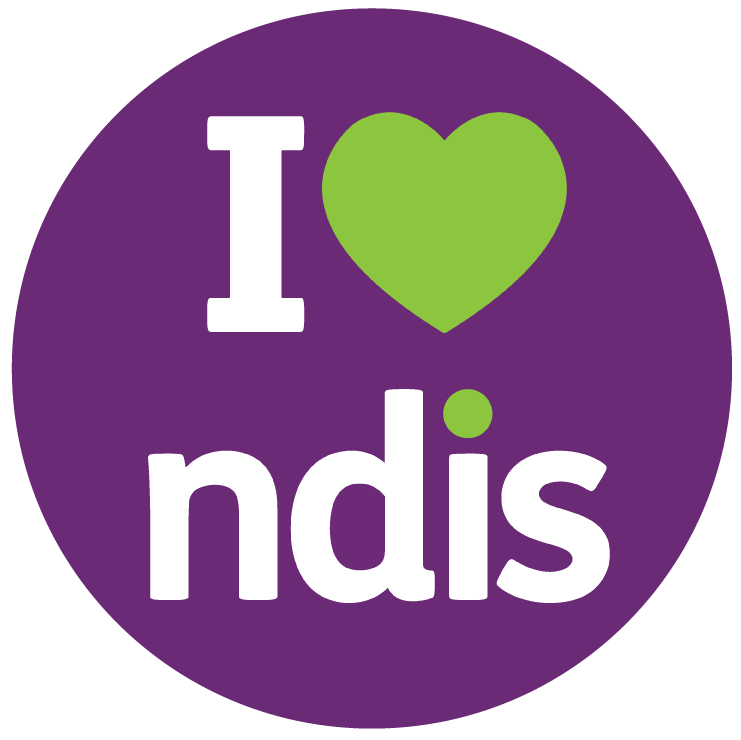Managing an NDIS claim is one of the most important parts of receiving support under the National Disability Insurance Scheme. Each time you access therapy, purchase equipment, or receive services from a provider, a claim must be lodged. While the process may appear simple, many participants find it stressful and time-consuming. That is why plan managers play such an essential role. They simplify the claim process, reduce errors, and ensure payments are delivered on time.
This guide explains everything about an NDIS claim, how the process works, the challenges of self-management, and why plan managers are the solution for saving both time and stress.
What Is an NDIS Claim?
An NDIS claim is a request for payment from your approved funding package. It covers any support or service listed in your plan, such as:
- Allied health and therapy sessions
- Assistive technology and equipment
- Daily living supports
- Transport funding
- Registered and unregistered provider services
Every claim must align with your plan rules and meet guidelines set by the National Disability Insurance Agency.
How the NDIS Claim Process Works
The steps involved in an NDIS claim are straightforward:
- A service is delivered or equipment is purchased.
- An invoice or receipt is generated.
- The claim is lodged online, by a provider, or through a plan manager.
- The National Disability Insurance Agency checks the claim for compliance.
- Payment is processed to the provider or reimbursed to the participant.
Although this process looks simple, claims are often delayed or rejected because of small errors, incorrect codes, or missing details.
Common NDIS Claim Types
There are three main types of NDIS claim submissions:
- Provider claims – submitted directly by registered providers.
- Self-managed claims – participants pay the provider upfront and then lodge a claim for reimbursement.
- Plan-managed claims – a plan manager handles invoices, payments, and claim submissions.
Each claim type has advantages, but plan-managed claims usually provide the smoothest and fastest experience.
Challenges of Self-Managed NDIS Claims
Self-management can give participants greater flexibility, but it comes with responsibility. Challenges include:
- Keeping receipts and detailed records for every service
- Paying invoices on time before reimbursement
- Lodging claims correctly through the online portal
- Managing errors or delays in payment
- Making enquiries with the agency if claims are reject
For many, this creates stress and takes up hours each week.
How Plan Managers Simplify the NDIS Claim
Plan managers act as financial partners, making the claim process simple and reliable. They:
- Receive and review invoices from providers
- Submit claims accurately through the online system
- Ensure claims are within price limits and categories
- Handle claim and payment enquiries directly with the agency
- Provide monthly budget reports to keep participants in control
This allows participants to enjoy choice and flexibility without being burden by paperwork.
Time-Saving Benefits of Plan Managers
The greatest value of a plan manager is the time saved. Instead of chasing providers, correcting errors, or managing receipts, participants can focus on their lives and goals. Plan managers:
- Submit claims quickly after receiving invoices
- Prevent backlogs by staying organised
- Ensure providers are paid on time
- Minimise claim rejections and errors
- Resolve issues faster through direct communication with the agency
This efficiency means participants experience fewer delays and smoother support.
Online Claims and Payment Enquiries
Most NDIS claims are now processed online. While this is faster than manual claim forms, it still requires accuracy. If an issue occurs, participants may need to make an claim and payment enquiry. Plan managers handle this task on behalf of participants, reducing frustration and saving hours of waiting on hold.
Manual Claims vs Online Claims
Manual ndis claim forms are still accepted, but they are much slower and more prone to delays. Online claims are generally processed within days, while manual forms may take weeks. Plan managers nearly always use online systems to guarantee speed and accuracy.
Plan Managers Across Different NDIS Claim Types
It can assist with all claim types:
- For provider claims, they check invoices and ensure correct coding.
- For self-managed claims, they provide advice to reduce mistakes.
- For plan-managed claims, they take full responsibility for payments and submissions.
This expertise makes plan managers valuable for every participant, regardless of how they manage their plan.
Long-Term Value of Using a Plan Manager
Plan managers deliver more than time savings. They also provide:
- Financial transparency with regular statements
- Flexibility to choose both registered and unregistered providers
- Accuracy in lodging claims that reduces rejection rates
- Peace of mind knowing claims and payments are managed by professionals
Why Many Participants Choose Plan Management
Many participants start with self-management but later move to plan management after experiencing claim delays and stress. Once they see the efficiency and support provided by plan managers, they rarely switch back. The long-term benefits of accuracy, speed, and reduced stress far outweigh the idea of handling claims alone.
Conclusion
An NDIS claim is the essential link between services and funding. While self-management gives independence, it can also create stress, delays, and errors. Plan managers provide expert support, handling claims quickly and accurately while giving participants full choice and control.
For participants who want more time in their day and fewer worries about financial administration, a professional team such as Axial Plan Management manages claims quickly, processes payments reliably, and makes life less stressful.


